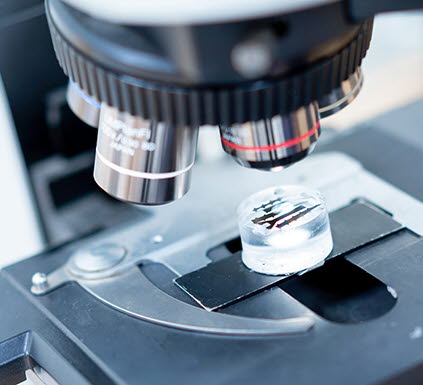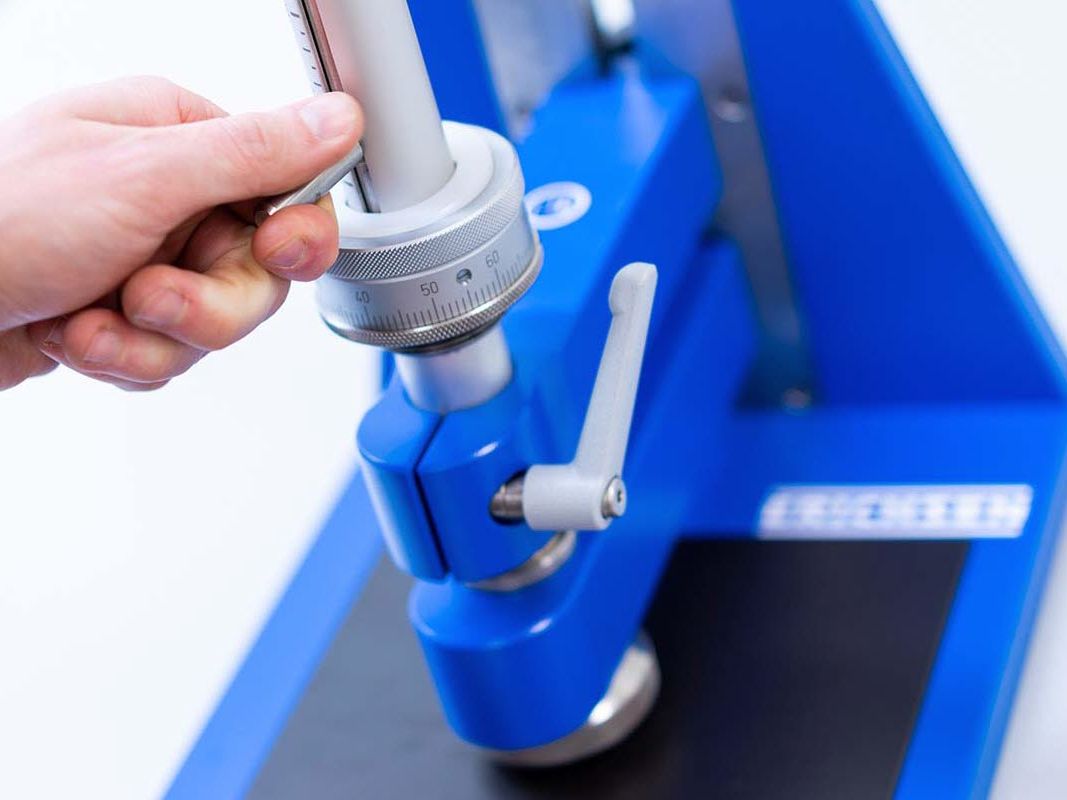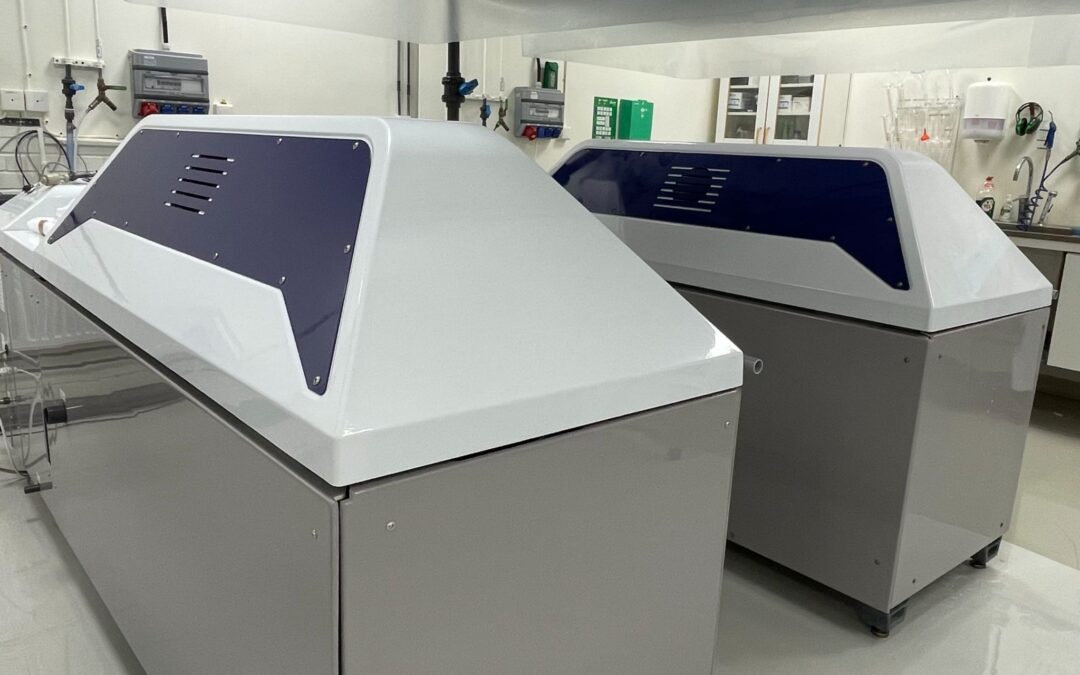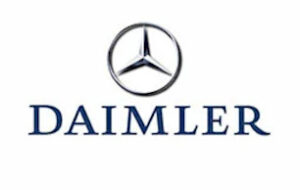“OEM-approved lab” refers to an organization that has been officially approved or certified by an automotive manufacturer to conduct specific tests, analyses, or evaluations related to its products or components.
An approved corrosion test laboratory provides assurance to the OEM and its suppliers that the materials and components used in automotive manufacturing meet the required standards for corrosion resistance, ensuring the longevity and reliability of the vehicles produced.
Let’s see below what are the main aspects distinguishing these laboraotories.
Quality requirements of an approved lab
Accreditation: laboratories approved by OEMs must typically hold the accreditation as per ISO 17025, which ensures competence in testing and calibration activities.
Quality standards: these standards ensure that the testing procedures are consistent, accurate, and reliable. These include regular calibration of equipment, proper sample preparation procedures, adherence to standardized testing protocols and regulations governing corrosion testing, such as ASTM, ISO, and SAE standards.
Adherence to OEM standards: approved labs must adhere to strict quality requirements set by the automotive OEM regarding corrosion testing standards and specifications.
Expertise: the laboratory personnel should possess expertise in corrosion testing methodologies and techniques specific to automotive applications. This often includes chemists, materials scientists, and engineers with specialized knowledge in corrosion science.
State-of-the-art facilities: approved laboratories are equipped with state-of-the-art facilities including environmental chambers, salt spray cabinets, cyclic corrosion testing equipment, and other specialized apparatus necessary for simulating real-world corrosion conditions.
Documentation and reporting: comprehensive documentation is provided for all testing procedures and results, including detailed test plans, reports, and data analysis. The labs provide comprehensive reports detailing the performance of materials or coatings under test conditions, including any signs of corrosion or degradation observed.
Confidentiality: the laboratory should prioritize confidentiality, especially when handling proprietary materials or sensitive information related to the OEM’s products.
Continuous improvement: the laboratory should demonstrate a commitment to continuous improvement, regularly updating its techniques, equipment, and procedures to stay at the cutting edge of advancement in corrosion science and automotive technology.
Cotec Labs: a laboratory approved by OEMs
Our exclusive collaboration with Cotec Labs makes us a leading laboratory for automotive corrosion testing, being directly approved by Volvo, Scania, Daimler and Ford.
Volvo
Volvo, like many automotive companies, requires rigorous corrosion testing to ensure the durability and longevity of their vehicles, especially in harsh environments. Volvo-approved labs offer a wide range of corrosion tests such as salt spray testing, cyclic corrosion testing, accelerated weathering tests, humidity testing, and exposure to various corrosive agents.
As an approved laboratory, Cotec Labs maintains open lines of communication with Volvo’s engineering and quality assurance teams and collaborates to address any concerns or issues related to corrosion performance and provide timely feedback on test results.
The following test methods are included in the scope of accreditation and approved by Volvo:
Scania
With same purpose, Scania requires rigorous corrosion testing to ensure the durability and reliability of its products. Approved laboratories should be capable of accommodating the specific needs and requirements of Scania’s testing programs, including custom test protocols and accelerated testing schedules.
In addition to quality requirements, Scania mandates the use of specific chambers to conduct cyclic corrosion tests according to its standards.
The following test methods are included in the scope of accreditation and approved by Scania:
Daimler
In 2021, the laboratory successfully passed the proficiency test to perform the cyclic corrosion test according to Daimler standard DBL 7381.10. This recognition provides evidence to the OEM and TIER 1 suppliers that the laboratory fully complies with the requirements stated by IATF 16949, Chap. 7.1.5.3 and WEB 2020+.
Ford
The expertise gained by Cotec Labs over the years led the laboratory to acquire important acknowledgements from other OEMs, such as Ford, for helping their subcontractors with corrosion testing and surface verification.
The following test method is performed on a weekly basis:
Search our corrosion test list








